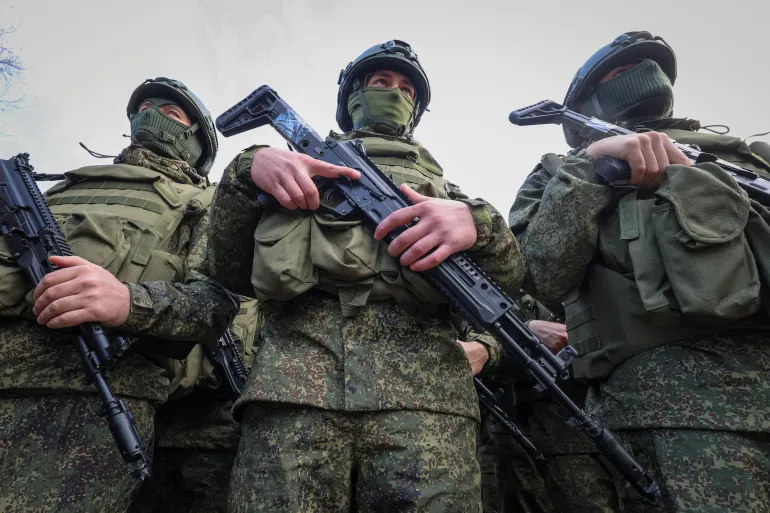Russia recruits volunteers through contracts, offering substantial payouts to avoid public unrest. However, this strategy is unsustainable, says Oleksii Hetman, a military expert and Ukrainian Armed Forces reserve major, according to Radio NV.
By early 2025, estimates suggest that Russia has experienced significant military losses, with figures indicating up to 700,000 troops either killed, injured, or missing in action since the beginning of the war against Ukraine. This casualty rate has led to acute recruitment challenges for the Kremlin. In response, Russia has resorted to utilizing draftees, prisoners, and even foreign recruits from countries like North Korea to maintain troop levels.
"Contracted recruits receive one-time payments. Large sums can motivate people to join, but resources are finite. If financial incentives need constant increases, fewer people are willing to sign up. There are practical limits to how much these payouts can be raised," Hetman explained.
He noted that Russia primarily targets prisons and economically depressed regions for recruitment to keep mobilization and losses invisible in major cities.
"This approach isn't limitless either. Without significant aid from North Korea, they'll eventually need to recruit people from urban centers. When that happens, the losses and mobilization will become much more visible. If mass mobilization begins, the Russian population will feel its full impact," Hetman concluded.
Earlier, British intelligence shared by the UK Ministry of Defense said that debt cancellations for Russian soldiers are likely to increase financial pressure on Russian banks next year.
In late November, Russia passed a law enabling the cancellation of debts for soldiers who began service after 1 December 2024. This initiative covers loans up to approximately $94,400 and extends to soldiers’ spouses as well.
This measure adds to the existing “Loan Repayment Holidays” program for Russian military personnel. According to Russia’s Mediazona, 411,000 applications for mortgage and personal loan repayment have been filed since October 2022.
Related:
- Ukrainian strikes reduce Russian oil refining by nearly 17%
- UK intel: Russia steals Ukraine’s mineral resources in occupied areas
- Resources of war: Can Russia sustain its war in Ukraine for years? (infographics)

